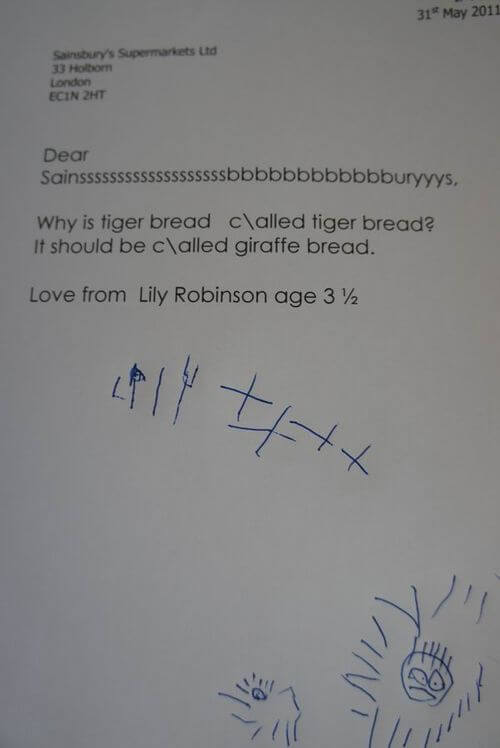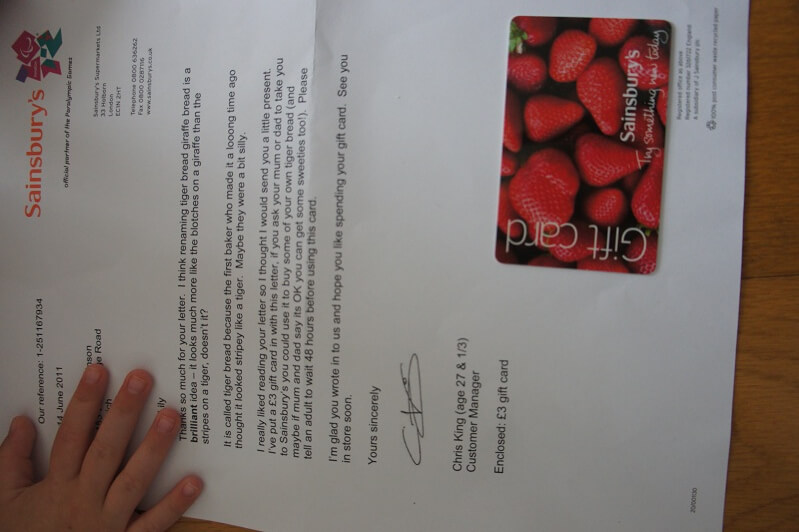Inspiring. Human. Achievable. We are constantly being asked by our clients how they can create a Customer Experience that is consistent. Here are two examples, one outlining what not to do; the other outlining a much better approach.
The hero approach
Last year I wrote about a blogger who ordered a Morton’s steak over Twitter. You may recall Morton’s met the blogger at the airport with his steak. A lot of buzz was generated by this outstanding act of “customer service.”
My view was this wasn’t Customer service, more a publicity stunt on behalf of Morton’s. It wasn’t replicable and certainly they haven’t been consistent in the delivery of the same experience of other people. I call this the hero approach as the world is not full of heroes. Heroes by definition are unusual. If they weren’t, these heroic acts would just be business as usual.
You cannot base your business on heroes. Like all heroic acts they should be celebrated, encouraged but it’s difficult to make them consistent. So what is the alternative?
The natural approach
Contrast this with Lily Robinson, aged 3 and 1/2 years old. She recently wrote a letter to Sainsbury, one of the largest supermarket in the UK. Her question was simple: why is Tiger Bread called Tiger Bread? Lily even drew a sketch of a tiger, which you can see here:
The fact that Lily Robinson wrote a letter to Sainsbury’s is not the only newsworthy event. What is newsworthy is the natural reply of Chris King, a Customer Manager at Sainsbury’s.
Chris wasn’t trying to be a hero. He wasn’t trying to get publicity, he just felt a natural empathy to the young customer. Therefore the way Chris dealt with this was just a natural part of him as a person. The language Chris uses was as if he was talking to a little girl in the street. He writes that, the first baker “loooooooong [sic]” ago thought the bread resembled a tiger, not a giraffe. By using children’s language and a simple story, this letter is a prime example of how to engage customer emotion. Chris adopts his tone in other ways, by using “Mum” and “Dad,” in place of the words mother and father. The £ 3 ($5) gift card with a tongue-in-cheek warning to get permission before buying sweets is another beautiful touch.
Finally, I love the fact that Chris closes the letter by indicating his age, “27 and 1/3.” You can see Chris’s letter here:
Sainsbury’s response to Lily also generated an enormous response (to date, it has been shared over 18,000 times on Facebook) and it is feasible.
Is this replicable? Yes. Can you train your employees to act in this way? Yes, but ideally you select people who or naturally good at this. The Supermarket’s letter to Lilly demonstrates the real power of building an experience that is natural. When you employ people who have a natural ability it is replicable. You need to know the experience you are trying to deliver. It means you are therefore recruiting people who are naturally good at delivering that experience.
It also means the company’s employees need to feel empowered to engage naturally and build this emotional connection. Chris did this for no other reason than to make someone feel special. We all know that some people would feel uncomfortable in doing that. Not all people are naturally gifted in that way. So don’t employ those people for this kind of job.
Emotional Intelligence
Some ten years ago, when I was VP of Customer Experience at British Telecom (BT) I was charged with improving our Customer Experience. I decided that we needed to improve the levels of emotional engagement with our Customers. At the same time we were closing sites and moving to a front office, back office approach. This was our opportunity to make a significant change.
I decided anyone who wanted a job in the front office, talking directly to customers, needed to have a sufficient level of emotional intelligence to do this, to align to our new experience. To achieve this we implemented a psychometric test with anyone that wanted a role in the front office. Bearing in mind all applicants had been dealing with customers directly before, I was amazed that 50% of the people that took the test failed. These people were not “naturally good” a building a relationship with Customers, so they didn’t and our business suffered.
What are the levels of “natural” people in your organisation? Or do you just rely on heroes?
We all know bad news travels fast. Sometimes, just sometimes, good news travels fast as well. I’m off to Sainsbury’s to buy some Tiger Bread!



